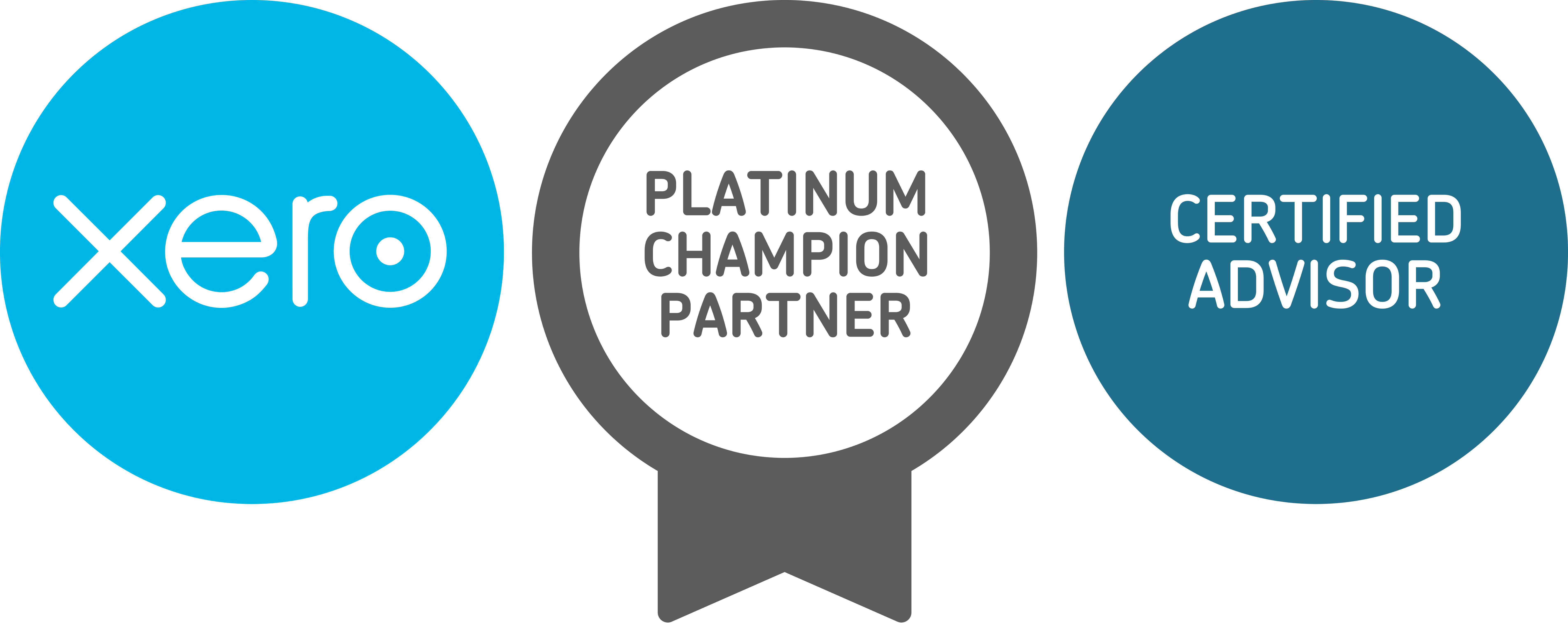-
Import VAT
-
UK import VAT will be due on any goods arriving into the UK. VAT is normally charged on these goods at the same rate as if they had been supplied in the UK.
VAT registered businesses can account for import VAT on their VAT return by using postponed VAT accounting. This provides cash flow advantages as VAT does not need to be paid at the point of import. Instead you account for the VAT on your VAT return under the reverse charge mechanism. We can help you set this up and advise on the accounting entries. Most software suppliers are looking at how this can be done automatically using different VAT codes.
Alternatively, a business can choose to pay import VAT on importation. If you choose to do this, you can reclaim the VAT incurred on the imported goods as input tax subject to the normal rules. To claim input tax, you will need the import VAT statement as evidence.
From 1 January 2021, VAT on imported goods with a value of up to £135 is collected at the point of sale not the point of importation. This means that UK supply VAT, rather than import VAT, will be due on these consignments.
Online marketplaces (OMPs) involved in facilitating the sale of imported goods, are responsible for collecting and accounting for the VAT, even when the goods are in the UK at the point of sale.
For goods sent from overseas and sold directly to UK consumers, the overseas seller is required to register and account for the VAT to HMRC. Overseas sellers also remain responsible for accounting for the VAT on goods in the UK when sold directly to UK consumers.
Business-to-business sales not exceeding £135 in value are also subject to the new rules. However, where the business customer is VAT registered and provides its registration number to the seller, the VAT will be accounted for by the customer by means of a reverse charge.






